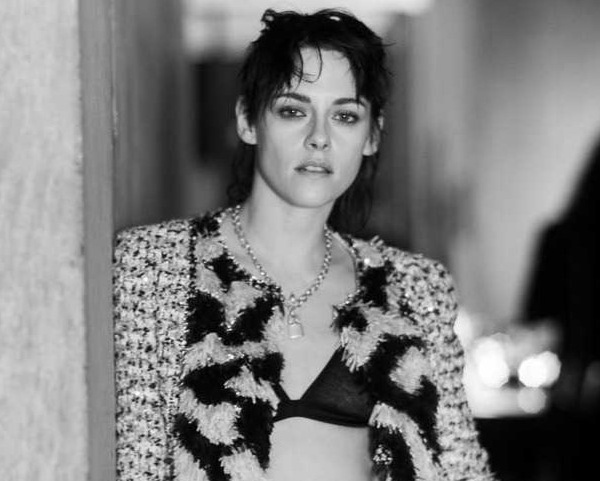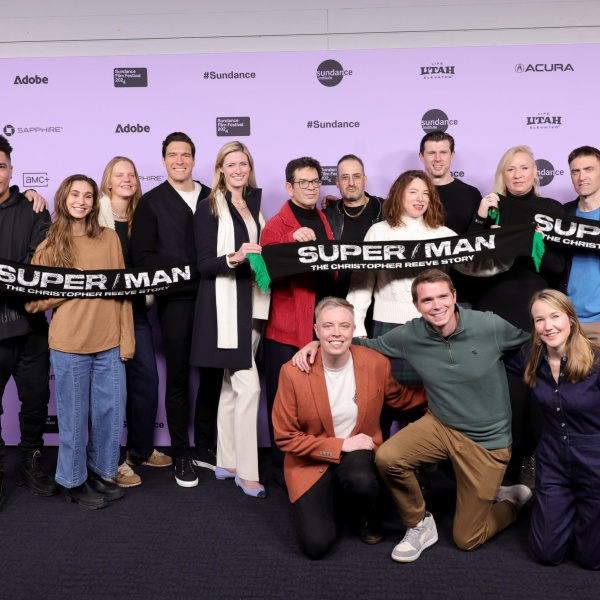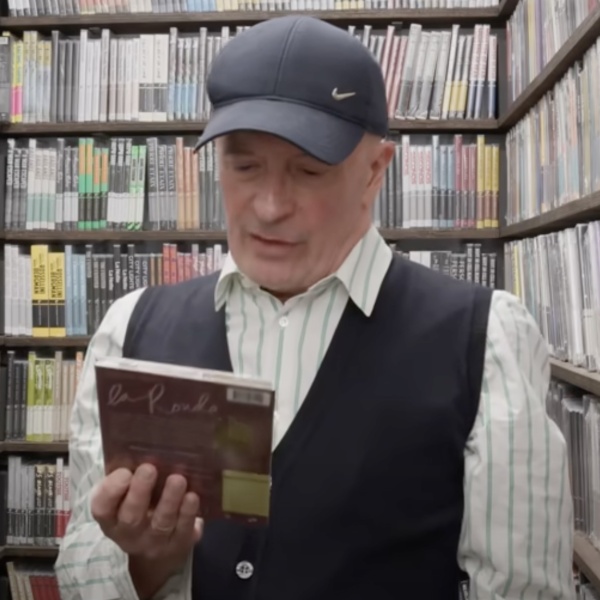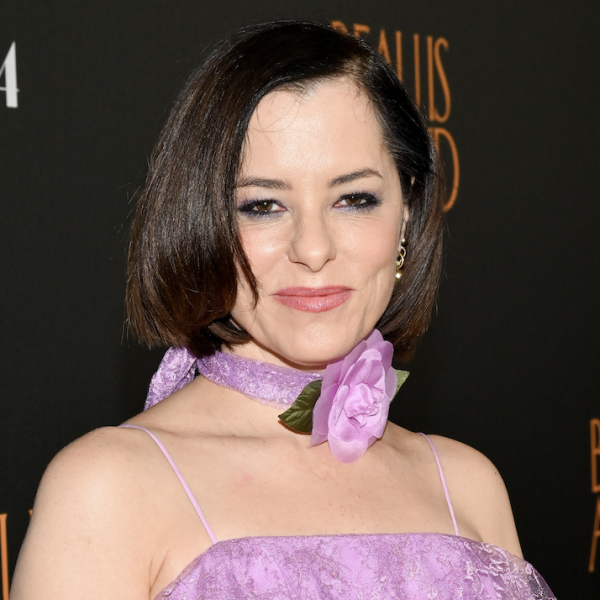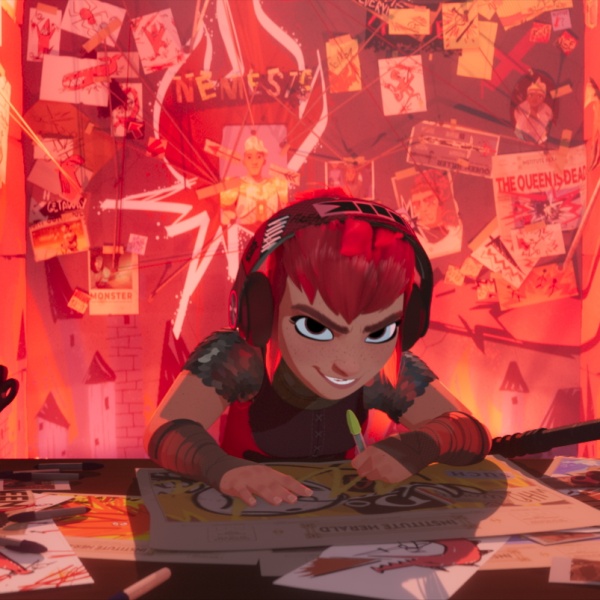Steven Soderbergh‘s “Mr. Kneff” is finally landing stateside.
The recut version of 1991’s “Kafka” stars Jeremy Irons as a writer in 1919 Prague; the film has had new iterations unveiled in 2013 and 2021, respectively. Now, Soderbergh is revealing the first ever U.S. screening of the 2021 recut “Kafka,” titled “Mr. Kneff.” The premiere will take place at Nitehawk Cinema in Prospect Park on November 9 at 7 p.m.
The official logline of “Mr. Kneff” reads: “A writer guy in 1919 Prague uses his dead-end job as inspiration for his fantastical fiction.” Jeremy Irons, Theresa Russell, Joel Grey, Ian Holm, Jeroen Krabbé, Armin Mueller-Stahl, and Alec Guinness star in the cult classic which marked Soderbergh’s sophomore directorial effort after “sex, lies, and videotape.” Soderbergh will participate in a Q&A following the U.S. premiere.
His liquor brand Singani 63 will also be sponsoring the evening, with a complimentary Singani speciality drink for ticket holders served in the lounge prior to the start of the film. For tickets, click here.
Soderbergh told Empire that he was “frustrated” by the reception to “Kafka” at the time. “It had a mixed-to-negative reaction when it came out — and I’m trying to completely rethink it in the hopes of at least turning it into something that’s unified,” the director said in 2013. “The tone was all over the place — which is the classic young filmmaker’s mistake. I’d like to make it a little more abstract and more of a hardcore art movie. It’s not a tweak: it’s triage.”
Soderbergh introduced “Mr. Kneff” at the 2021 Toronto International Film Festival, which included losing 20 minutes from the original film. “I look at it now and think, ‘That’s a film that only a stupid young man can make,’” Soderbergh told TIFF audiences of the 1991 classic, “and I mean that in a good way.”
Soderbergh has also re-edited versions of “Schizopolis” and “Full Frontal” in addition to “Kafka”-slash-“Mr. Kneff.”
The director previously told IndieWire that his projects are specifically tied to the era in which they were produced. “The timing, the culture, makes a difference. If you’re going out with a show or a movie about a certain subject, what’s happening in the culture has a huge impact on whether or not people are excited by that,” he said. “Everybody’s had the experience of developing a project on their own without telling a lot of people and you take it out and everybody you go to is like, ‘Yeah, we’re actually shooting something just like that right now.’ That happens a lot. I watch stuff, so I have my own sense … somebody may pitch me an idea and I’ll feel like, ‘Yeah, I think a year from now, nobody’s gonna care about that. That’s an interesting idea if you could drop it tomorrow.’ So you’re trying to prognosticate a little bit just based on your sense of how the culture cycles ideas through. But you never know. I’ve had stuff work better than I thought and I’ve had stuff work worse than I thought.”

